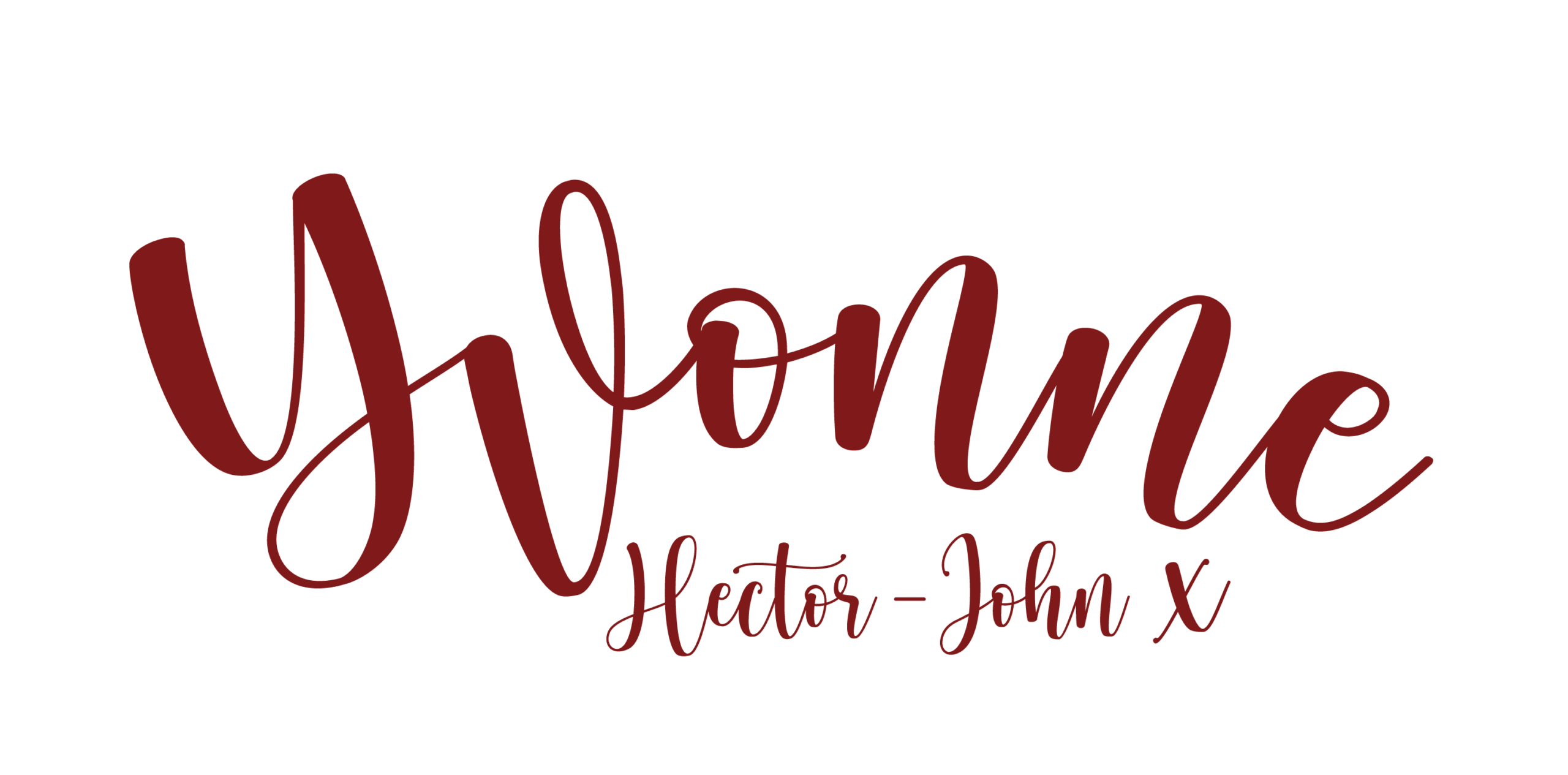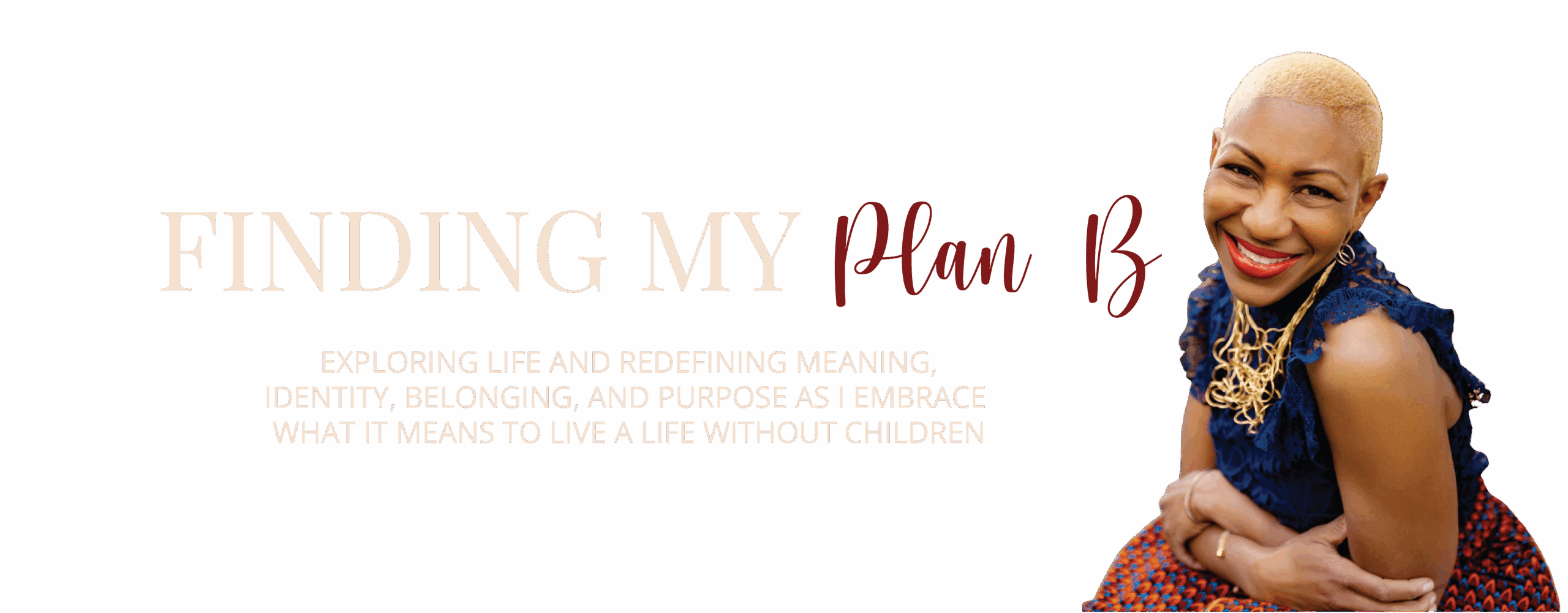As most of you know I recently “crossed The Bridge” (a term for those of us who have attended The Bridge Retreat). One of the sessions on The Bridge was called ‘World Grief’ where we were encouraged to write, draw – essentially do something creative to represent our feelings around something that’s happening in the world. The idea is that we grieve our individual wounds as part of the global collective, if we can move beyond our own pain we can become more connected with the world – To quote The Bride “Healing relationships, healing our world”
So I thought I’d share what I wrote …
Who Will See My Tears?
I can’t breathe
I can’t breathe
I can’t breathe
You are kneeling on my neck
There was a time when I would have stood before you as an enslaved woman who had no control over her destiny
My body stolen, never mine, wondering if this is personal or just business
but I couldn’t speak up, I couldn’t question, I couldn’t refuse, I could not show you my tears
Today I stand before you, childless, my status being met with surprise and disbelief
You see white people think that I come from a long line of strong, virile, hypersexual women that do not have fertility issues
Growing up ‘Baby Mamma’s were disrespected, now as a childless woman I am pitied
But who will see my tears?
I turn to you for help but you do not hear my sorrow, you don’t seem to understand, for heavens sake you don’t even look like me
If a childless woman have no currency in society then what about the black childless women?
Fertility in black women is rarely discussed or acknowledged as a problem
Breeding myths from slavery perpetuate the stereotype that black women do not have problems conceiving
However there are studies that suggest black women may be almost twice as likely to experience infertility as white women
Black women are less likely to seek help to get pregnant than white women
So why won’t you help me?
Why don’t you see my tears?
“While too much fertility is seen as a black woman’s problem that must be curbed through welfare policy, too little fertility is see as a white woman’s problem to be cured through high-tech interventions.”*
For women who look like me not having children has many layers of trauma that is hard to explain
My voice is a voice that is rarely heard
My history reminds me of how silenced I’ve became
My present tells me that nothing has changed
When are you going to take your knee off my neck so that I can breathe?
When will you hear my voice?
When will you see my tears?
When are you going to stop stereotyping me so that I can speak?
When are you going to stop letting your colour-blindness and white privilege stop me from being heard?
If you don’t see my colour you don’t see my pain,
If you don’t see my colour you don’t see my challenges or the barriers I face
If you don’t see my colour when are you going to see my tears?
You tell me that things have changed, “Slavery ended a long time ago”
So why do I still feel the shackles of your system?
The system that denies my history
The system that silences me with shame
The system that does not see my tears
When we pull down your statues you replace them with walls
You tell us that we are aggressive but yet you continue to unashamedly kill us with little to no consequences
You call me the angry black woman yet when I dare to speak out against you, you show me my faults
Then you wonder why I am angry when you refuse to hear my voice, when you refuse to see my tears
Why do I have to fight to get your knee off my neck?
I can’t breathe
I can’t breathe
I can’t breathe
When are you going to take your knee off my neck so that I can breathe?
When are you going to hear my voice?
When are you going to see my tears?
*Killing the Black Body: Race, Reproduction and the Meaning of Liberty: Dorothy Roberts




Recent Comments